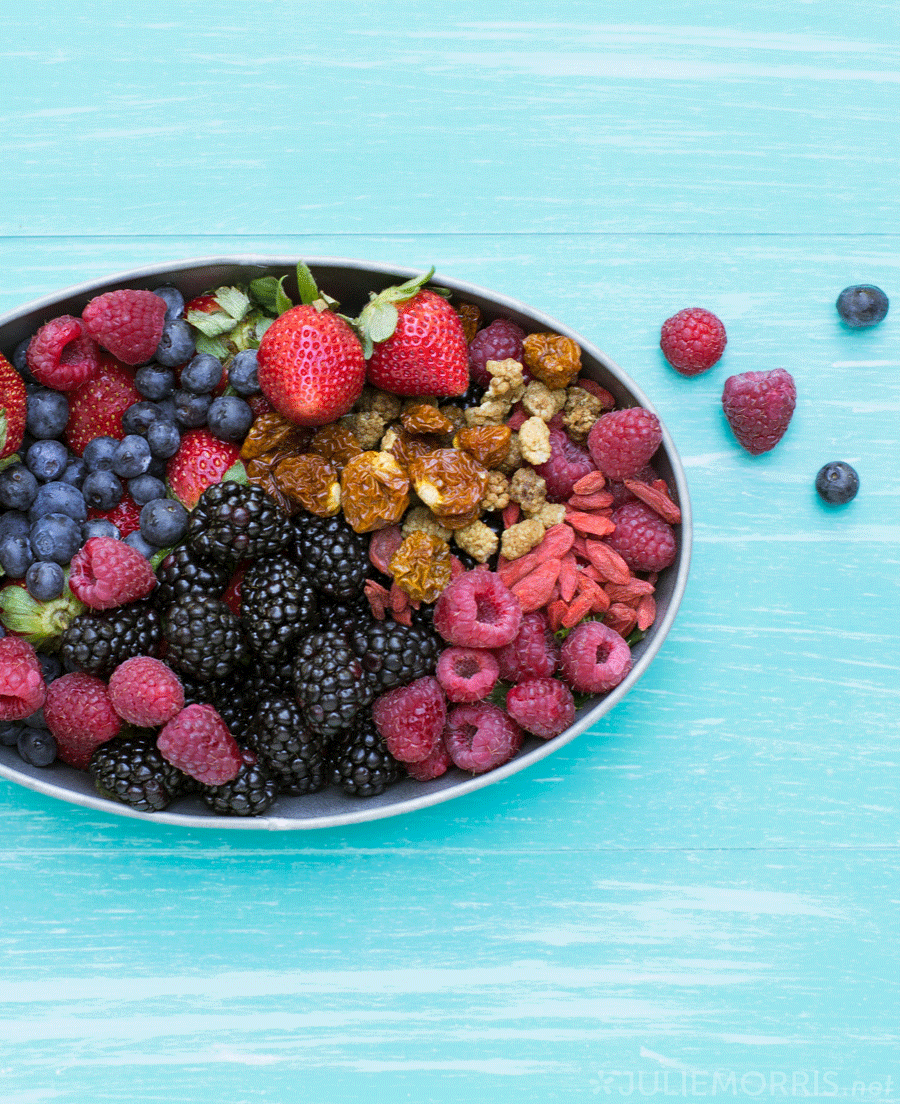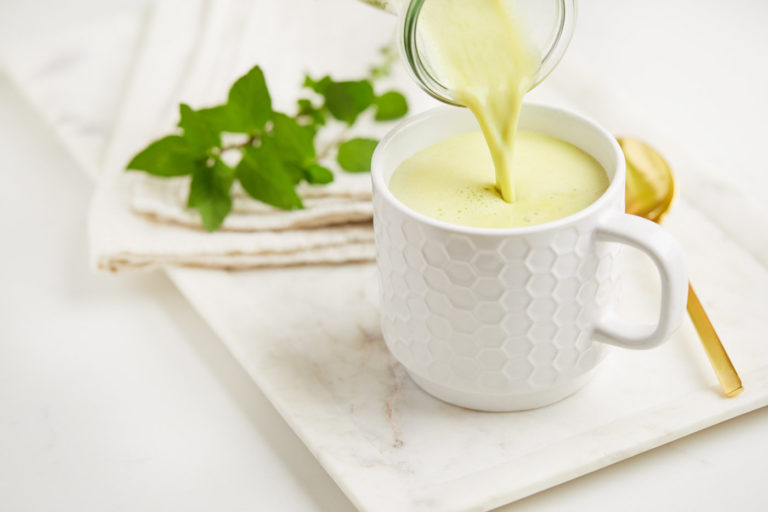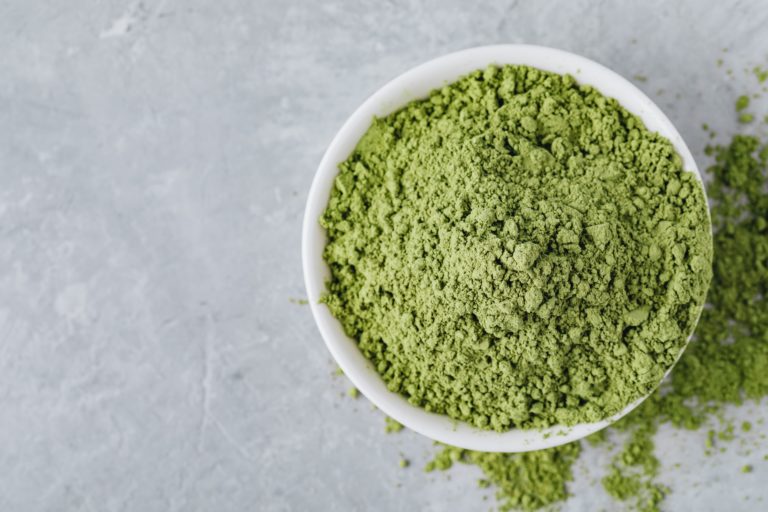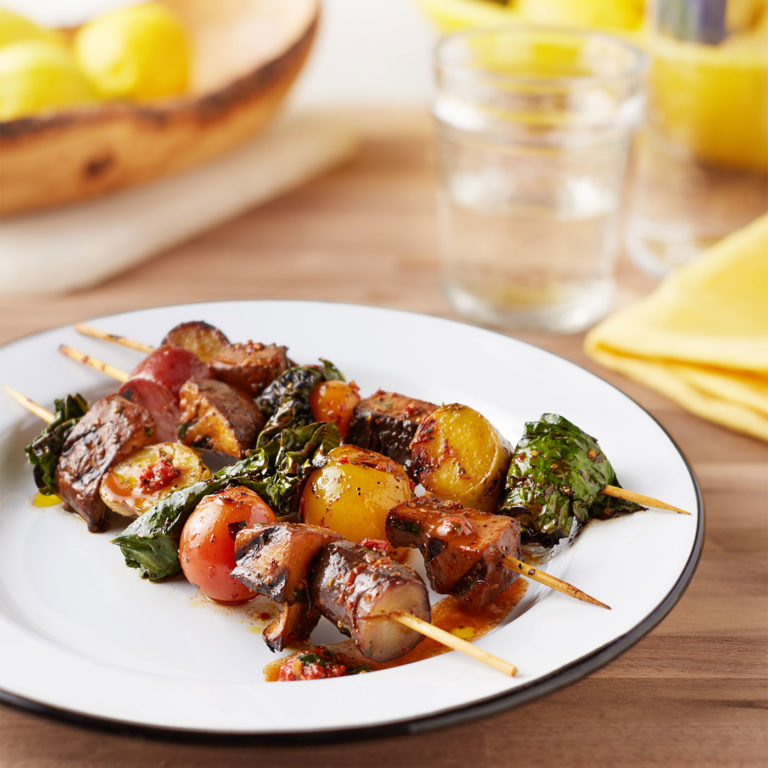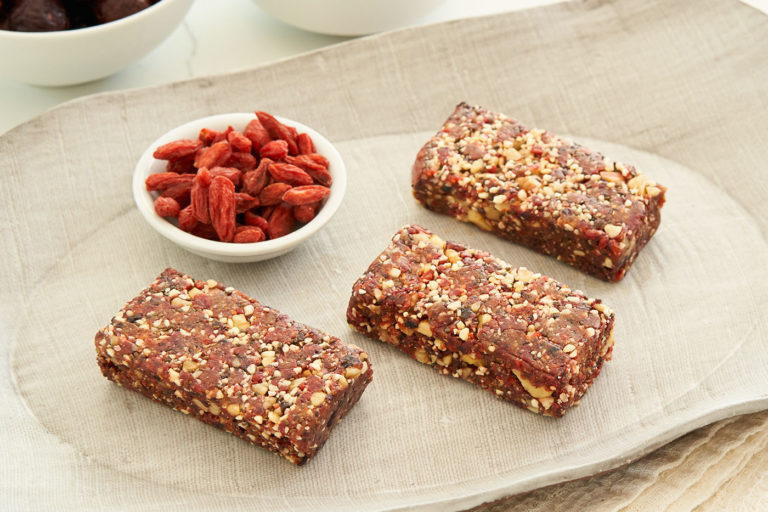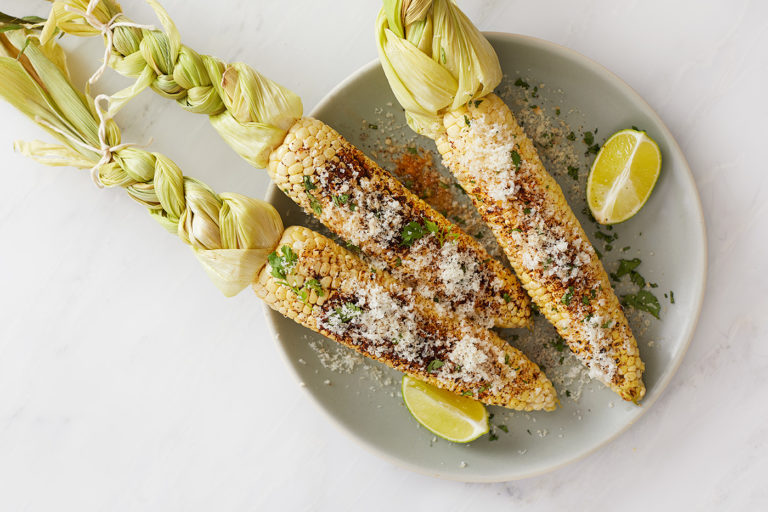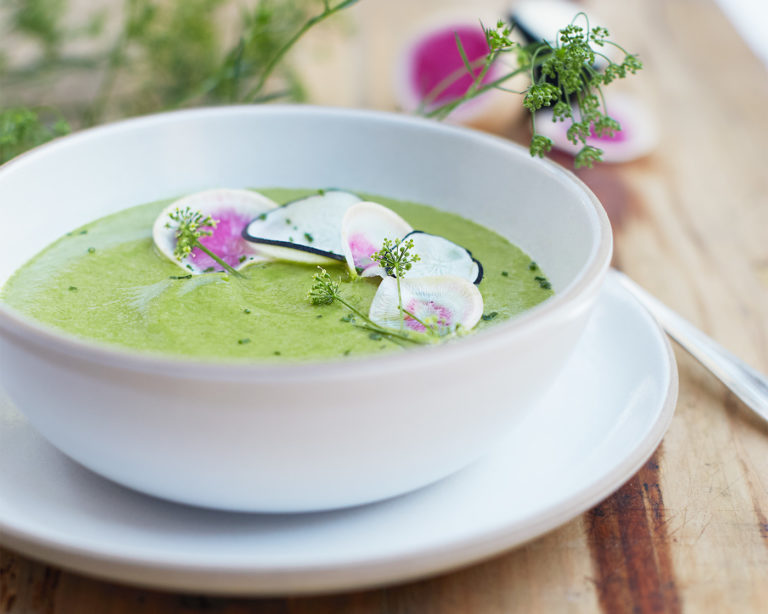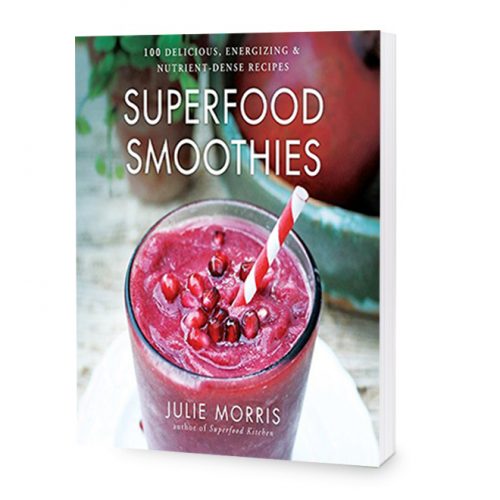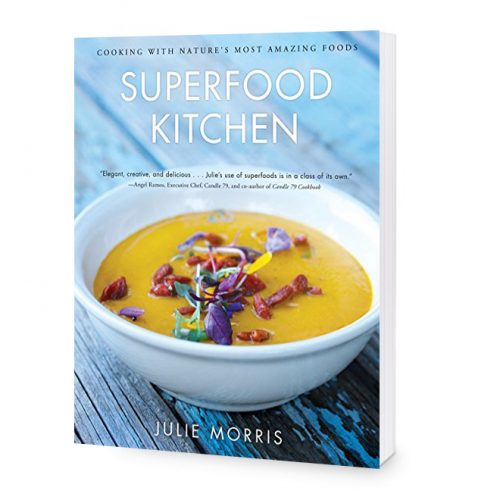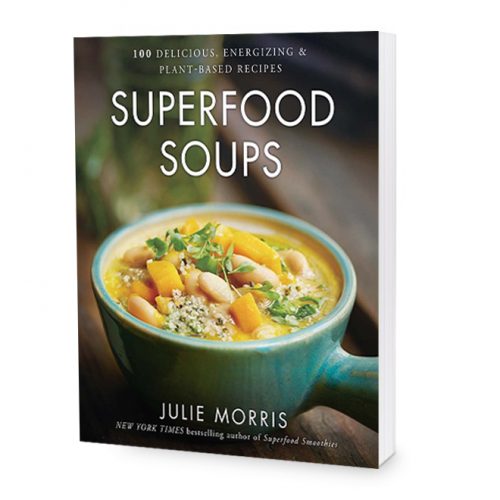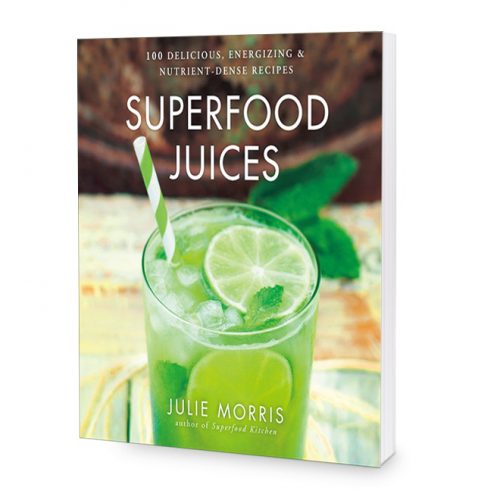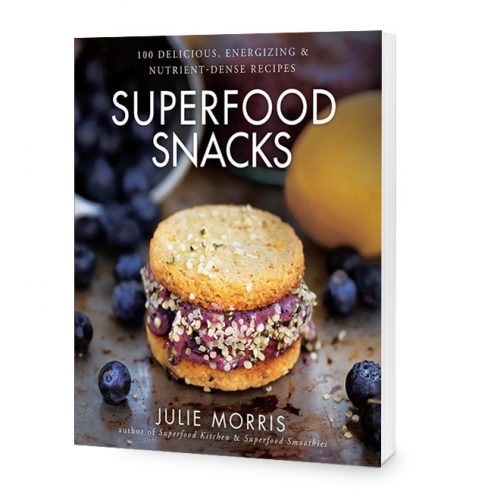Berry season is still here for a few more weeks, so be sure not to miss out on these beneficial treats! Sure they may be small, but don’t be fooled: berries are incredibly powerful for their size. Packed with antioxidants, vitamins, fiber, folate, and lots of anti-aging properties, the motivating medical studies abound: showing berries can do everything from helping slow the effects of free radicals and inflammation as we age, to aiding in the control of cholesterol and blood pressure to maintain a healthy heart. Read on to explore the benefits (aka “bennies”) of some of our favorite berries…
Strawberries | Strawberries are a wonderful source of fiber, naturally contain lots of water, and are a low-sugar fruit … which makes them a perfect superfood if you’re trying to lose a few pounds or keep blood sugar in check. These berries also contain high vitamin C which is fantastic for the immune system and healthy skin. There’s very few people that don’t absolutely love strawberries, which are are delicious in all sorts of deserts, parfaits, salads, breakfast bowls, and of course, just simply fresh a la carte.
Goji Berries | The sweet goji berry holds a lot of promise: filled with fiber, protein, low-sugar carbohydrates and over 20 vitamins and minerals. Its high levels of antioxidants have also been linked to its ability to lower insulin, balance cholesterol, improve immune functioning, and even prevent fatigue. Goji berries are also rich in zeaxanthin, which helps maintain eye health. (I often wonder, is there anything the goji berry can’t do?!) In cooking, dried Goji berries can be used similarly to raisins, or can add a savory sweetness when cooked with grains or proteins. They’re also delicious in trail mix, juice, and tea.
Raspberries | Similar in nutrition to strawberries, raspberries are also very high in fiber, water, and vitamin content. Not only should these two berries be an essential part of your weight management plan, but they can also help lower bad cholesterol and control type-2 diabetes. And if you can resist eating them all straight from the basket, raspberries also make wonderful additions to muffins and baked goods, pancakes, ice cream, jam, and smoothie recipes.
Goldenberries | Phenomenal for healthy skin, goldenberries are a great source of vitamins, minerals, and even protein, as well as anti-inflammatory antioxidants like quercitin. They also contain essential fatty acids, like linoleic and oleic acid, which help your body oxidize fat and control insulin. A 2013 study conducted by Egypt’s National Research Center’s Department of Medicinal and Aromatic Plants found that goldenberries may also have liver and kidney benefits. As one of my favorite sweet-tart boldly flavored fruits, it’s flavorful and fun to toss a handful of dried goldenberries into breakfast bowls, salads, cookie recipes, or smoothies.
Blueberries | In addition to blueberries’ high fiber and water content, these powerful little berries contain 20 different types of anthocyanins, the antioxidant family that gives them a bluish color and protects against all sorts of diseases. Researchers at Baylor College of Medicine have found connections between eating blueberries a couple times per week and decreased cardiovascular risk, enhanced insulin sensitivity, and improved cognition. It’s easy to add fresh blueberries to your favorite fruit or grain recipes, blend into smoothies, or munch away by the handful.
Mulberries | Mulberries are well-known for controlling blood sugar, but they’re also rich in the rare antioxidant resveratrol. This makes mulberries an ideal anti-aging berry! Mulberries also have properties to boost memory, and thanks to a great supply of vitamin C, support a healthy immune system, too. Chewy and sweet when sun-dried, Mulberries are delicious in granola, pancakes, as well as baked goods… and work in savory applications too, like crisp salads.
Blackberries | One thing that sets blackberries apart from many other berries is their unique cancer-fighting properties, which are especially powerful for GI-related diseases like colon cancer. Eating these soft, delicate fruits can contribute to a healthy heart, better athletic performance, and less risk of disease. Skip the high-calorie blackberry pie, and toss a few of these healthy berries into salsa, side salads, and mixed-fruit medleys.
Camu | There’s no berry – or any edible for that matter – that’s quite like camu berries, which have the distinct honor of being the most powerful source of vitamin C of any food in the world! Just a pinch of camu berry powder will get you well above the RDA for vitamin C … camu’s that powerful. Camu is also extremely low in sugar (which is why it tastes bitter), but it’s easy to incorporate into just about any kind of unheated recipe, from smoothies to salad dressings to dips and spreads.
So, what’s your favorite berry?

